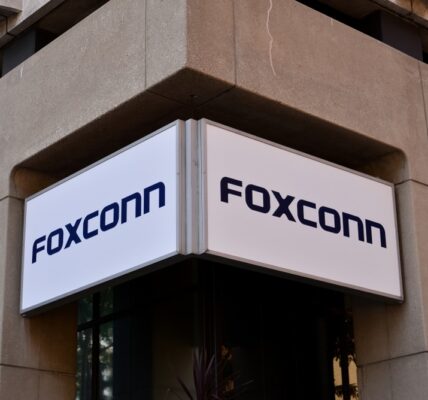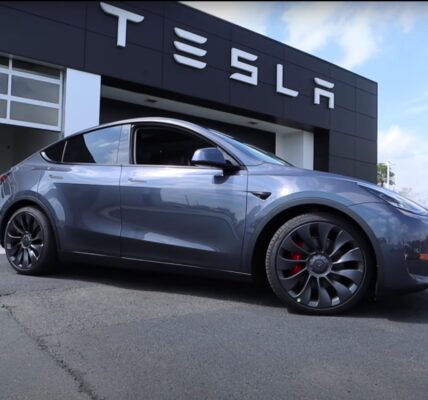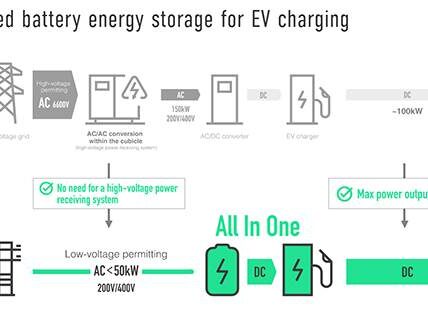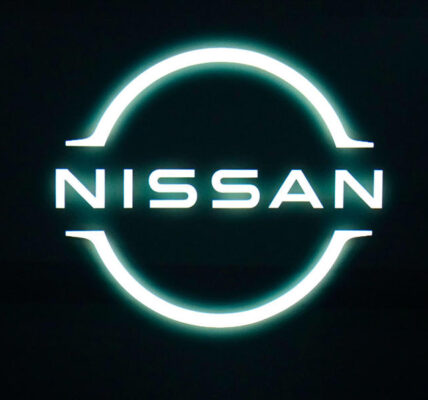For a while, Samsung had been taking steps to become the market leader in the chipset manufacturing space. Now, with the absence of Huawei in the market, Samsung has the opportunity and the space to fulfill its ambition. Last year, a set of new rules implemented by the US government served as a major blow to two of its biggest businesses.
The law makes it necessary for foreign manufacturers, who use U.S chipmaking equipment, to apply for a license before selling semiconductors to Huawei. Huawei was visibly upset with these new regulations and stated that it “categorically opposes” them as they are against the interest of many established companies.
Samsung, for one, realized that Huawei will be out of the market space for a while and is now trying to make full advantage of the prevailing conditions in the market.
According to reports published in Korean media outlets, Samsung and Tesla are collaborating together to develop chips with the help of the 5nm manufacturing process to aid autonomous driving. Factors like the growing popularity and usage of electric vehicles and the deficit of chipsets in the market owing to the Covid-19 crisis are also expected to help Samsung make further inroads in this market. These are also some of the reasons why Samsung decided to introduce its semiconductor business in the automobile space.
Reportedly, the chipset is currently in the Research & Development (R&D) stage. It is being tested and worked upon by the Samsung Foundry Division and is expected to be mounted on autonomous vehicles manufactured by Tesla. It is being developed with the help of a 5nm Extreme Ultraviolet (EUV) process. At the moment, only a handful of companies like TSMC and Samsung have the resources and the understanding to carry out a process of this nature.
Samsung had already joined hands with Tesla to manufacture the first-ever driving chips by the company. These chips are being used in 3.0 computer. However, these chips are made using the older 14nm technology.
Recently, Samsung reorganized the overall structure of its organization and relocated a part of its manpower resources in the Advanced Driving Assistance System (ADAS). This is the same unit that has been working towards the development and implementation of autonomous driving technology. If this new collaboration between Tesla and Samsung bears positive results, the latter could prove to be a stiff competitor to TSMC. TSMC made an entry into this sector last year with its 7nm chip.








